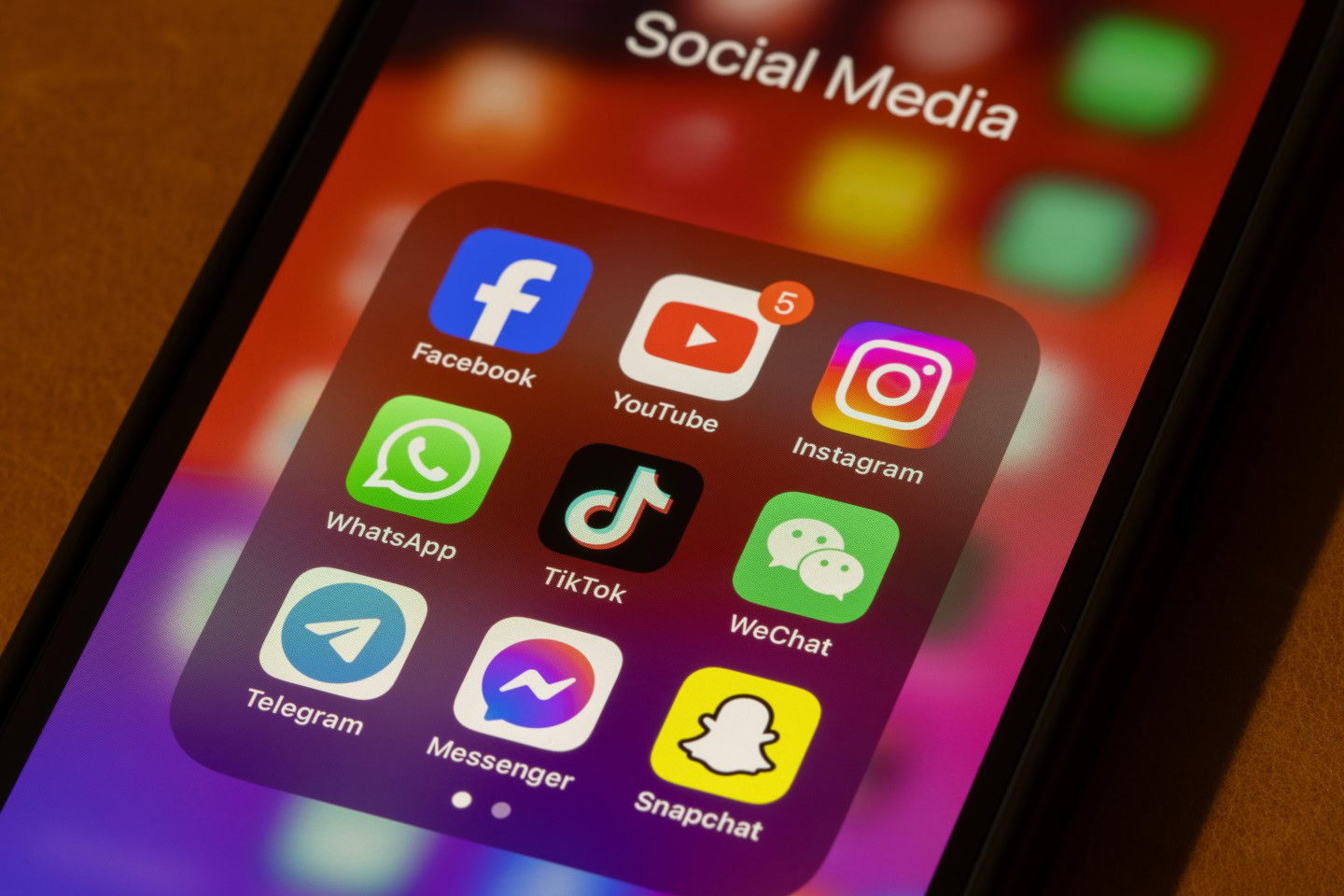
Can I bring a claim for intimate image-based abuse?
Intimate image-based abuse has captured the nation’s attention after high-profile cases involving reality TV stars Georgia Harrison and Vicky Patterson. However, it is not just celebrities who experience this type of abuse. Research led by Refuge found that, in England and Wales, one in 14 adults have received threats to share their intimate images without consent.
It is important to us here at BBK that we raise awareness of the harm caused by this type of abuse and your rights, to support victims to achieve the justice they deserve.
Intimate image-based abuse can have a devastating impact on the life of victims and celebrity cases have shone light on the prevalence of the exploitation and the destructive consequences for victim.
The increase in the popularity of image-sharing platforms, alongside developments in image-generating technologies, has created a concerning digital landscape that facilitates intimate image-based abuse.
What are examples of intimate image-based abuse?
- Taking or recording and sharing intimate images or videos of you without your consent, including the sharing of intimate ‘deepfakes’.
- Threatening to share intimate or sexual images without consent.
- Sending of unsolicited sexual images or videos (cyberflashing)
- ‘Upskirting’ (non-consensual taking of images or videos underneath a person’s clothes).
How can I bring a claim for intimate image abuse?
Intimate-image based abuse is a criminal offence in the UK. However, you may also be able to secure compensation through civil proceedings for the abuse you have experienced through the non-consensual sharing of your intimate images and videos.
Civil claims can be brought against the perpetrator and, in some cases, the online platforms.
We can help you bring civil proceedings, if we can show:
- The incident took place;
- You have suffered harm and should be awarded compensation.
Alternatively, a claim could be brought against organisations if we can show:
- The organisation failed to take proper care, resulting in harm to you, even if it wasn’t intentional (negligence); and/or
- The organisation is responsible for the actions of the perpetrator (vicarious liability).
At Bolt Burdon Kemp, we are committed to helping survivors of intimate image-based abuse. Our specialist team of abuse lawyers can help you secure justice and compensation if you have been a victim of intimate image-based abuse.
You can read more about how we can help you bring a claim for intimate image-based abuse here or, if you would like to speak to someone in our team, you can get in touch with us directly.






